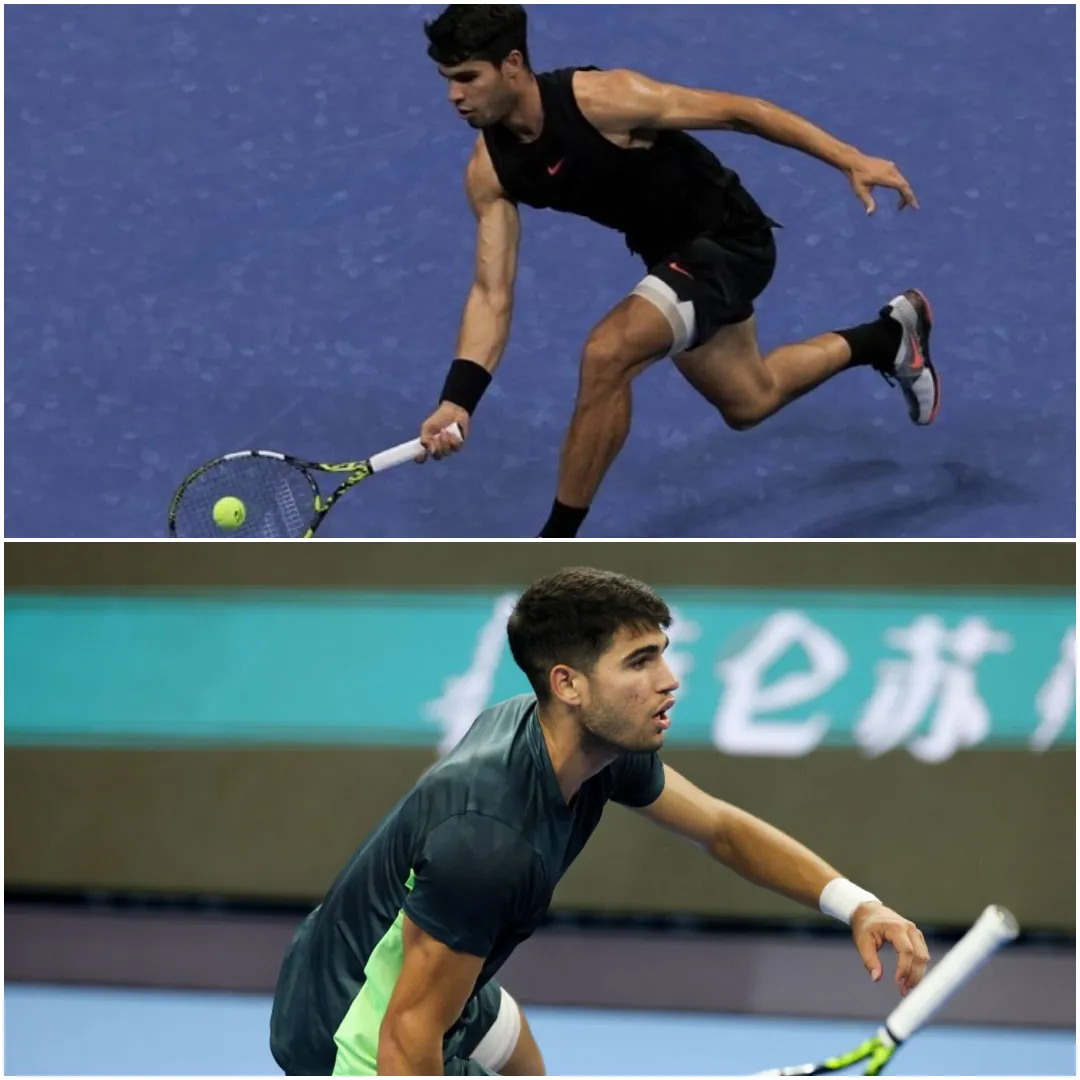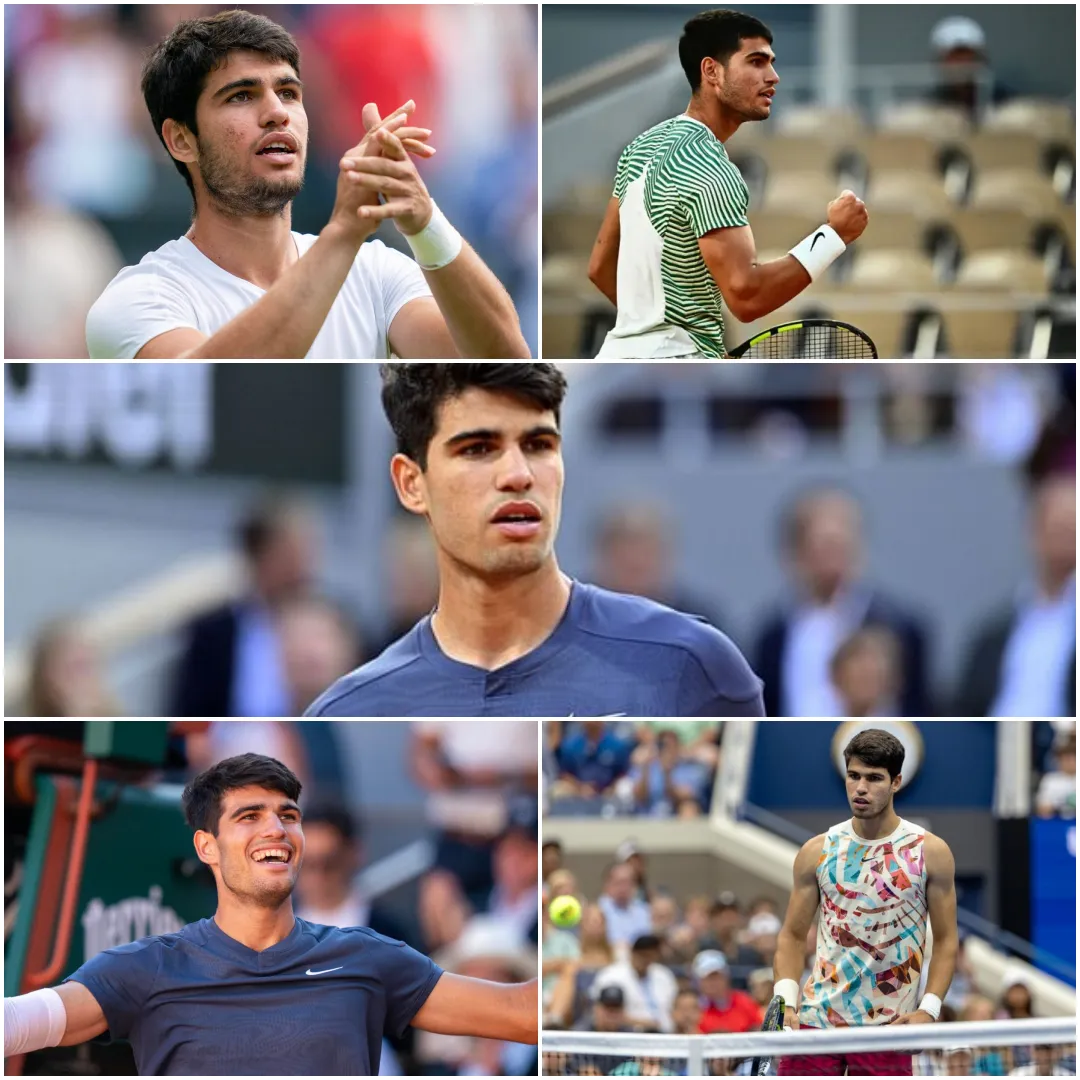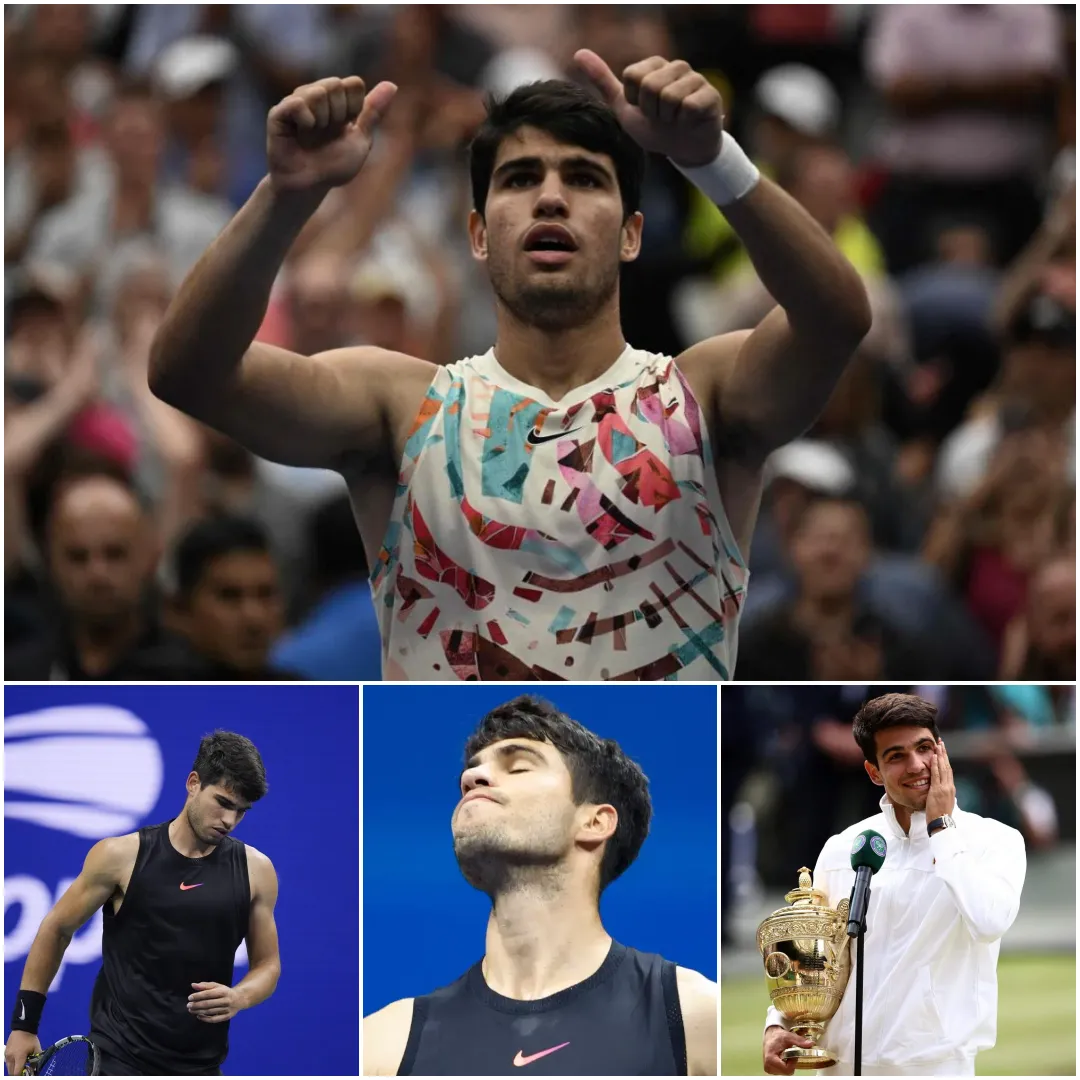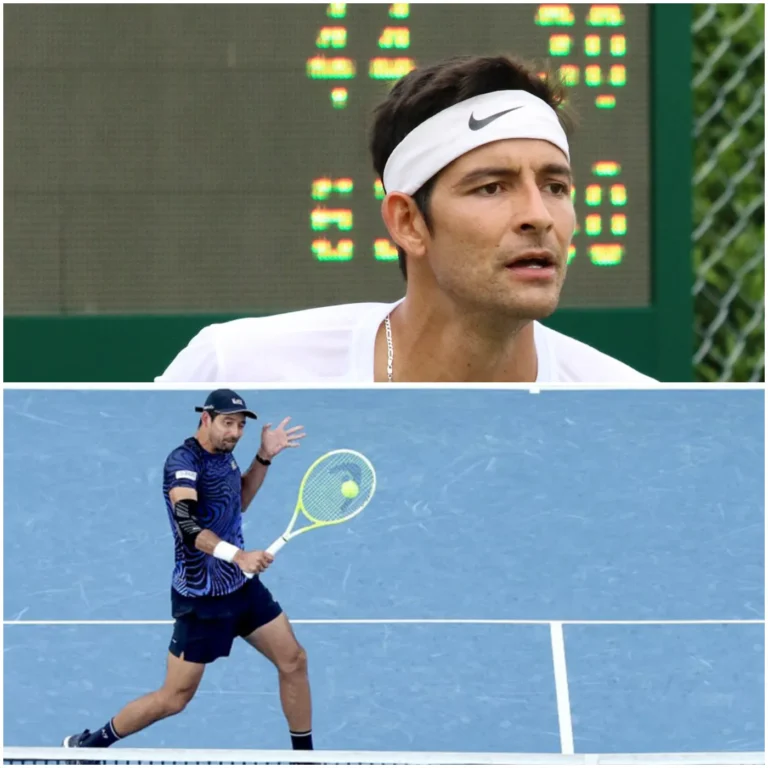
Recognizing Mental Challenges
Spanish tennis prodigy Carlos Alcaraz has admitted he struggles with controlling his mental state during unpredictable match situations following his recent defeat at the US Open. Speaking to the Spanish media after his exit, the 21-year-old reflected on his performance and identified the key weakness he wants to address. This acknowledgment highlights the importance of mental fortitude in high-stakes sports.

Details from the US Open Loss
After losing to Botic Van de Zandschulp 6-1, 7-5, 6-4, Alcaraz expressed his frustration: “Suddenly, I made a lot of mistakes right from the start of the match.” He further explained his discomfort with the trajectory of the ball, saying: “It was either too far or too close; I couldn’t tell if it was his tough shots or my poor feel.” Alcaraz acknowledged that he struggled to stay calm during challenging moments, which hindered his ability to steer the match in his favor. “My mental state wasn’t good. That’s probably a significant weakness I need to improve on,” he added. He emphasized the importance of learning from this difficult experience.
Physical Strain from a Busy Schedule
Beyond the mental aspect, Alcaraz also recognized that a packed summer schedule—successfully competing in three major tournaments: Roland Garros, Wimbledon, and the Olympics—had taken a toll on his body. His compatriot and mentor, Rafael Nadal, supported this view. “I don’t think Alcaraz is mentally declining; he’s just a little tired and satisfied with his achievements this summer,” Nadal remarked in an interview. “Sometimes, the mind needs a break, especially in an Olympic year with a packed schedule.” This perspective sheds light on the physical demands placed on elite athletes.

Impact on Rankings
Alcaraz’s early exit from the US Open cost him 670 ranking points, as he had reached the semifinals last year. This loss could see him drop out of the world’s top 3 if Daniil Medvedev wins the tournament. Medvedev is set to face Jannik Sinner in the quarterfinals, a match that could further impact Alcaraz’s ranking. The competitive nature of tennis means that every match can drastically alter a player’s standing.
Striving for the No. 1 Spot

With Alcaraz trailing Sinner by nearly 2,500 points, his quest to reclaim the world No. 1 ranking has become significantly more challenging. He is likely to join the Spanish team for the Davis Cup group stage from September 10-15 in Malaga. Additionally, he is set to compete in the Laver Cup starting on September 20 in Berlin, Germany, alongside Nadal, Medvedev, and Alexander Zverev, who also exited the US Open after losing to Taylor Fritz. Carlos Alcaraz’s candid admission of his weaknesses, both mental and physical, demonstrates his commitment to growth as a player.
As he prepares for upcoming competitions, fans and analysts alike will closely watch how he addresses these challenges and strives to regain his position among the world’s best. With a busy schedule ahead, Alcaraz remains focused on improvement and continued progress in the global tennis scene.






